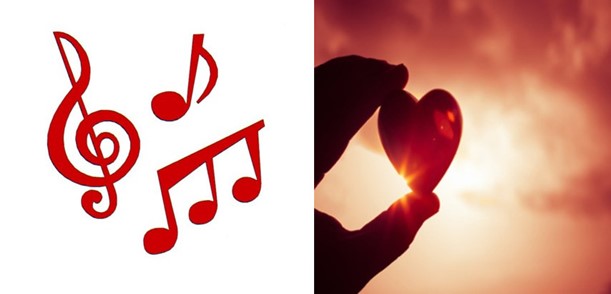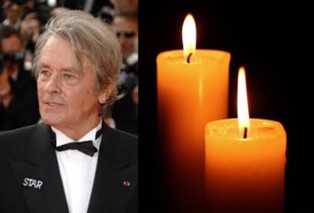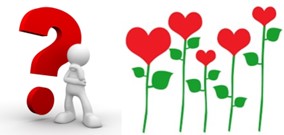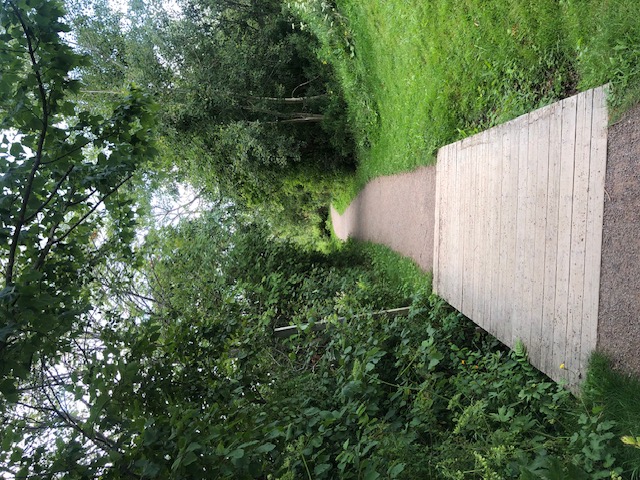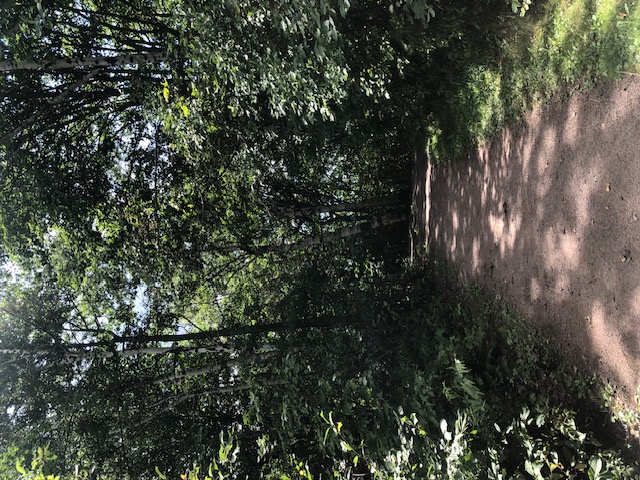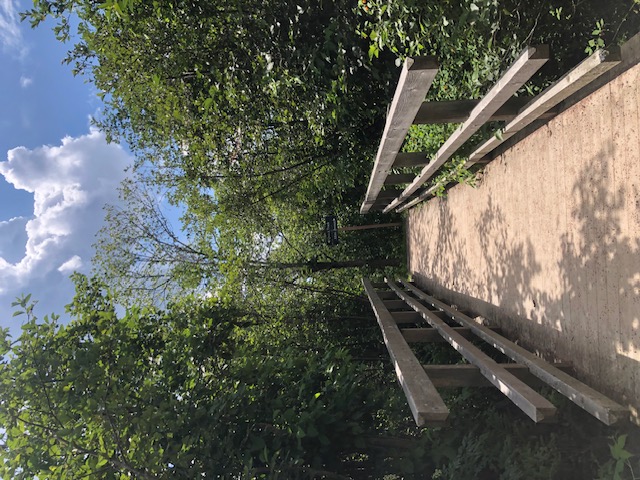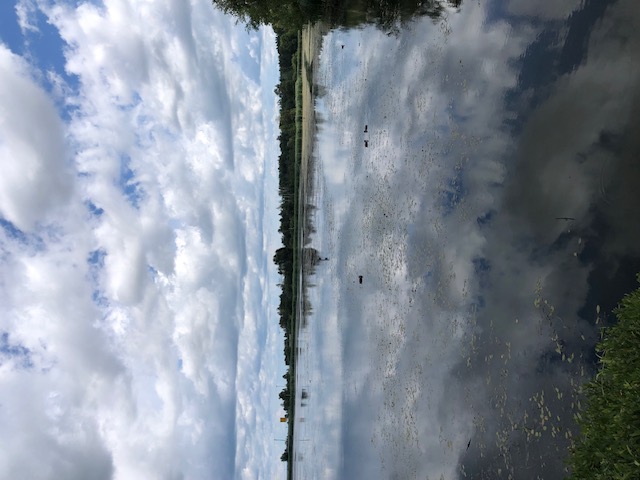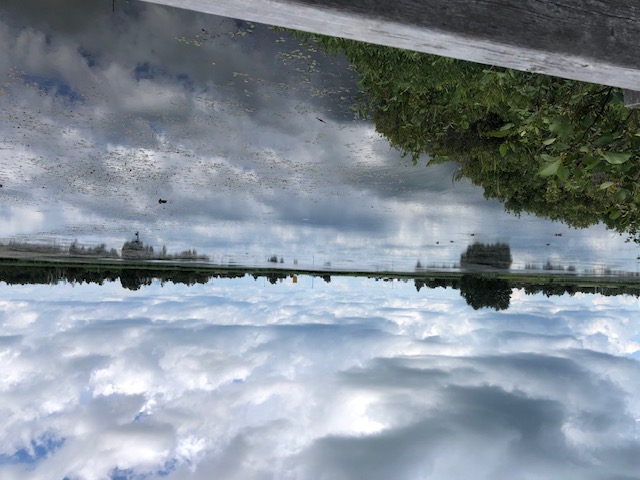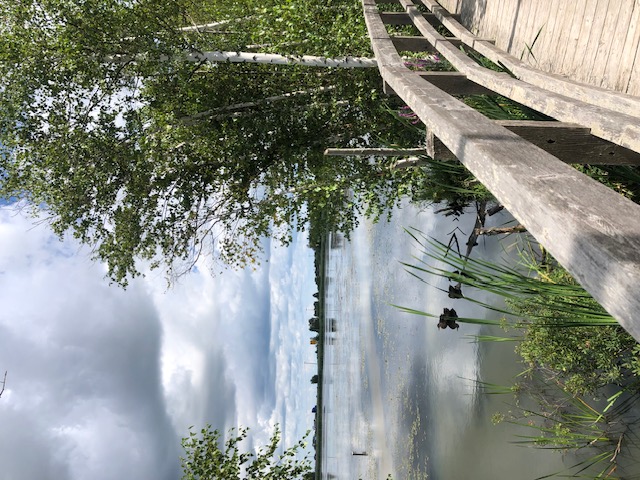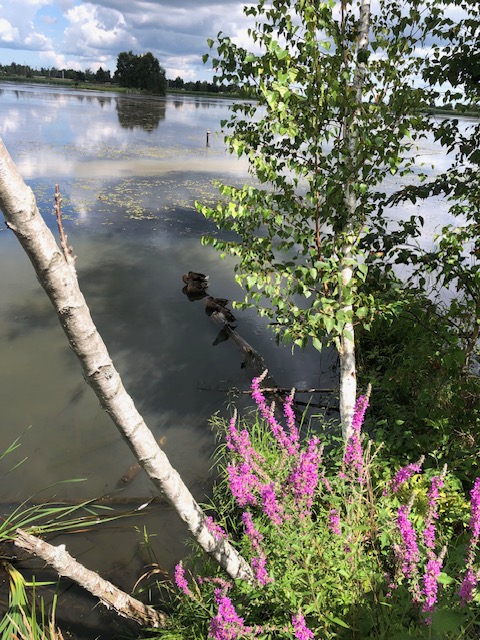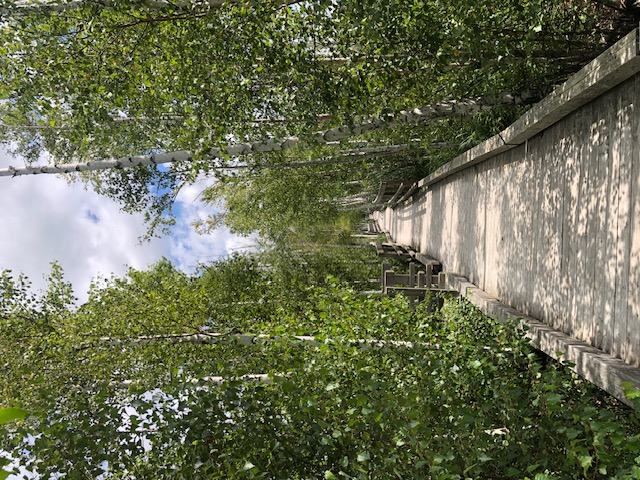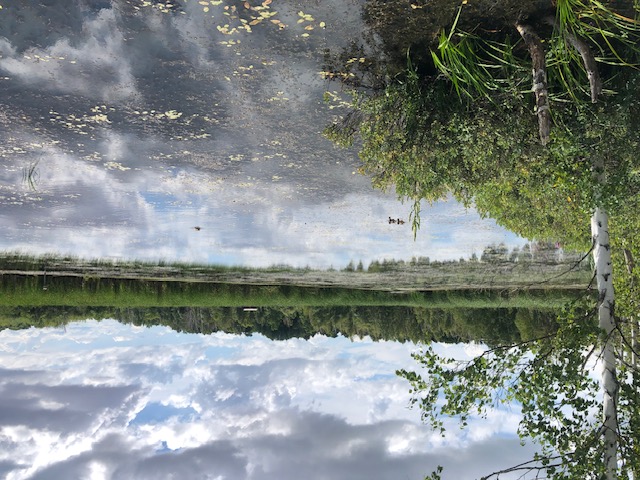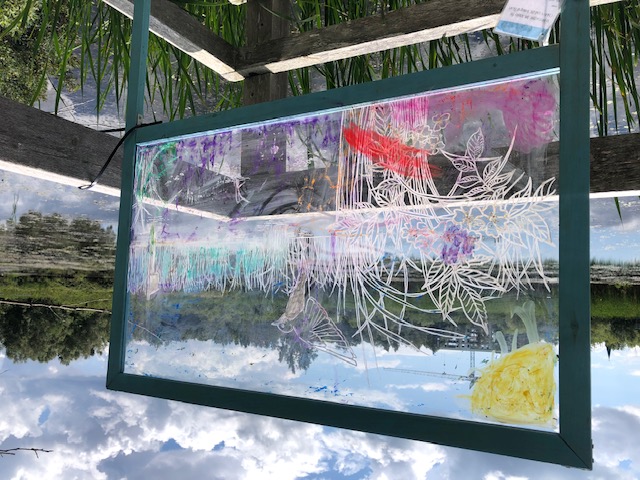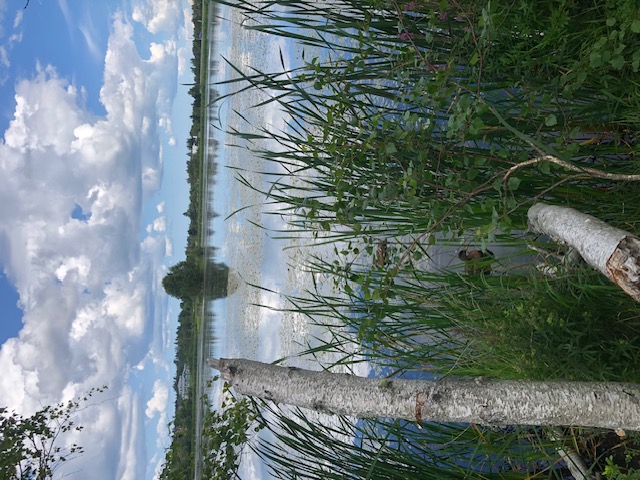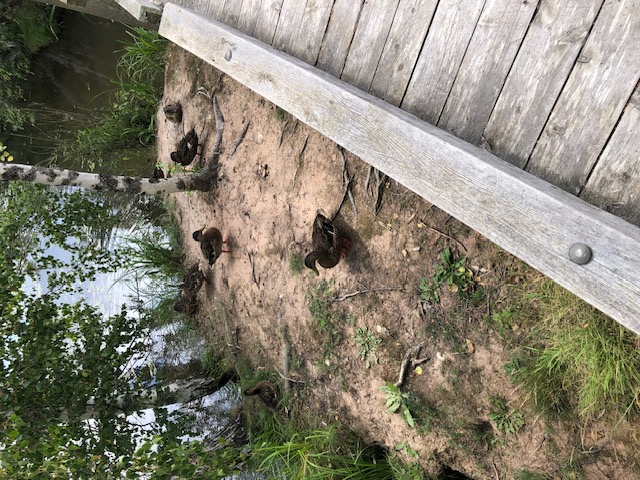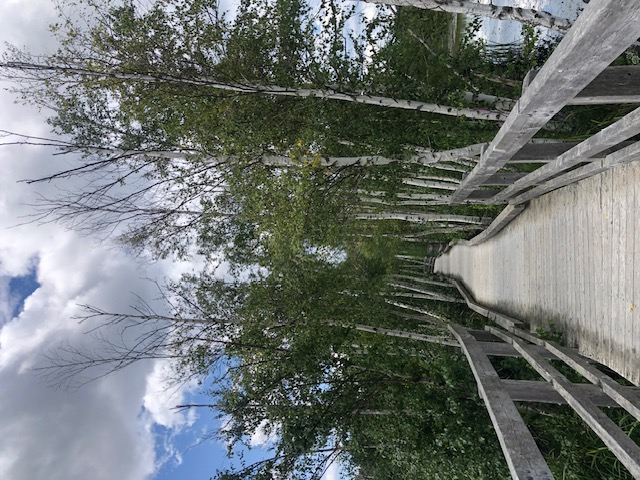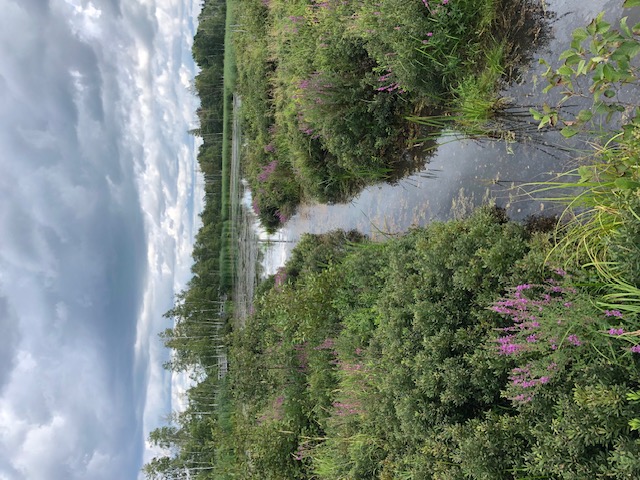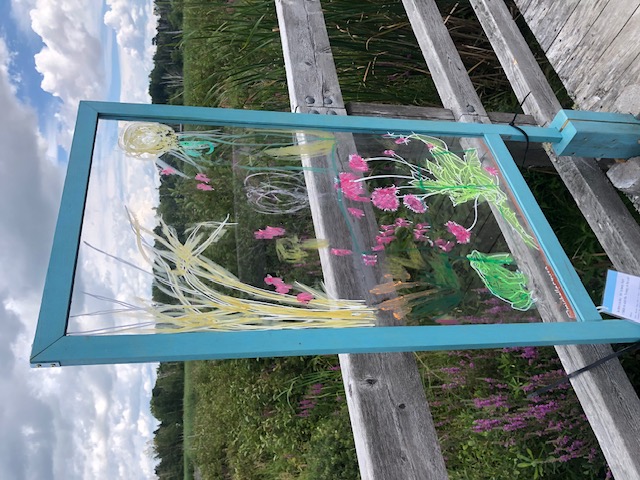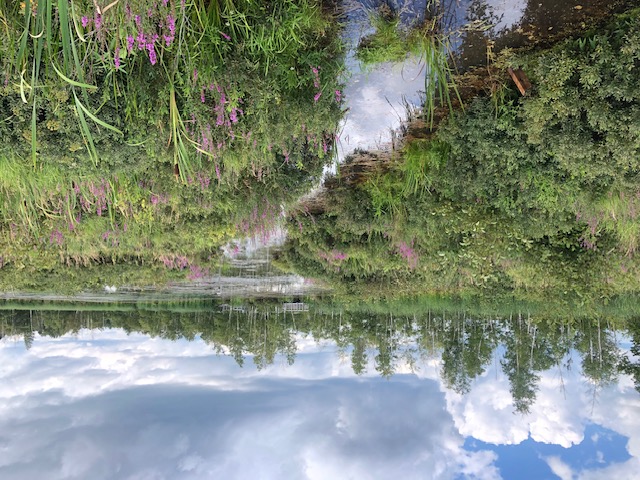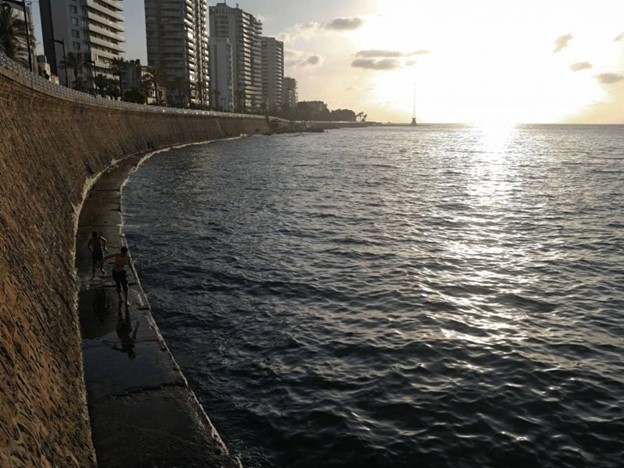
Bambi recalls the beautiful atmosphere of the gay prides in both Montreal and Toronto. When she was a student, her parents and herself attended one of these beautiful events in Montreal. They enjoyed the sunny summer day, along with the joy on the streets.
Over two decades later, we see such public events in Ottawa and Montreal, sadly hijacked by the cause du jour. This time, the cause is the Israeli-Palestinian conflict (https://shorturl.at/3Ig17). Tomorrow, what would it be?
The irony in some of those virtue signalling about Palestinian (or anti-Israel) is that if they move to Gaza now out of solidarity, they would be mistreated by the intolerant Islamists there (i.e., Hamas et al.), perhaps even before, or at the same time, as they would risk being killed by the Israeli harsh shelling.
We learned yesterday that the Liberal Party of Canada finally opened its eyes and said no to further wokeism, this time related to the Middle East. A wise move, bravo… at least there is a ray of hope in the middle of our collectively insane times (https://shorturl.at/zIMQa).
The question that Bambi will ask once again: why are we bringing the issue of Israel and Palestinian to our summer festivals? Why are we allowing political opinions of some to divide joyful events that are meant for all?
Instead, why don’t we learn a lesson of tolerance from a beautiful Maritime organization like the Moncton Lebanese Association (MLA), which is “a non-political, non religious and non-sectarian organization” (https://shorturl.at/jdKBX). If the Moncton-based Canadians of Lebanese heritage have succeeded in eating and dancing together, with much fun, without politics and without religions (the MLA’s motto), what can pride organizations, or other Canadian organizations, learn from the MLA?
This being said, watching fun festivals hijacked by politics is TOO sad, but hearing of bomb threats to Jewish organizations across Canadian cities (i.e. Montreal, Ottawa, Toronto, Vancouver) is beyond sad. It is TOTALLY UNACCEPTABLE! (https://shorturl.at/cn4Os; https://shorturl.at/UzMQ3)!
What is happening in Canada? Why are we now into a bomb threat against our hospitals, community centres, and places of worships like synagogues? Imagine one of your family members working at a hospital that has been threatened. Imagine one of your dear relatives sick at that hospital. Imagine your dad, mom, yourself, or a beloved friend who usually prays for peace at a synagogue now terrorized by fear. How is this acceptable?
Bambi strongly believes that threatening anyone of us is a threat to all of us. She says no to violence and intimidation toward Jewish organizations. Plus, how would attacking our OWN society’s values/heritage serve the Palestinian cause? Once again, Palestinians sadly find themselves used, and abused, for ideological purposes (despite the sincere concern of all those who are truly filled with humanity)? And why this continuous, blind, self-hate toward our beautiful Canada? Enough, please!


